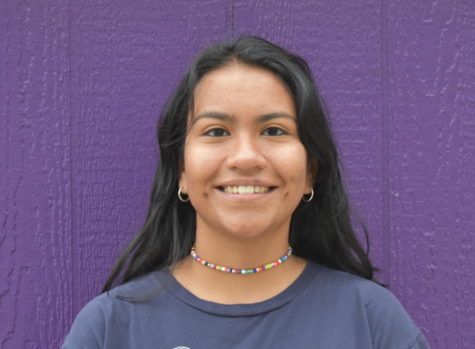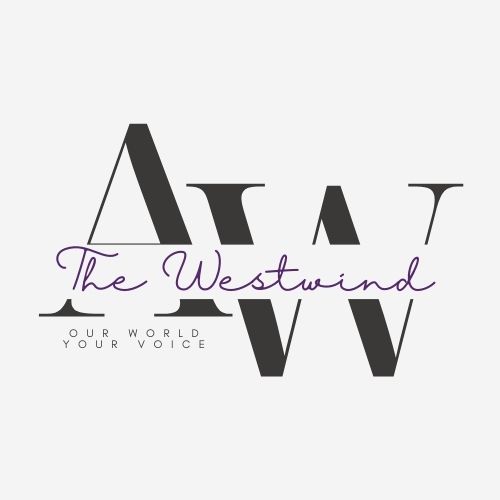What is Critical Race Theory?
Critical Race Theory was created by legal scholars Derrick Bell, Kimberlé Crenshaw, and Richard Delgado. Source: EducationWeek.org
For the past year, one of the biggest issues to come out of politics and lawmaking is the highly controversial Critical Race Theory. Different states around the country have taken their own legislative stance on the matter, either banning or supporting the educational framework. However, despite Critical Race Theory having a place in education for years before this, according to research done at Northeastern University 7 out of 10 people do not know what Critical Race Theory actually is.
Critical Race Theory is defined as the study of how race and law intersect in the United States. It examines how racism is not just an individual prejudice but is also embedded into the legal system and institutions. It was first developed in the 1980s by legal scholars. Since then it has infiltrated the educational system.
14 states so far in the U.S. have banned CRT from schools and classes. In Colorado, there have been no legislative efforts towards banning CRT. However, in 17 other states, there are currently proposed measures that are making their way through the legislature.
In states where CRT has been banned teachers are noticing negative effects. In Iowa, Melanie Hester, an educator, has noticed that teaching specific subjects such as Native American history has become difficult due to the CRT ban. Discussing genocide and Native culture is avoided.
When a student asks, “Where are the Native Americans now?” Hester explains in an interview with Chalkbeat, “That’s where I’m like, well, I’m not really sure how to answer that,” Hester said. “I kind of stuck to the lesson and if they didn’t understand, I just kept moving forward — which is not best practice.”
One huge advocate for banning CRT is the Parent’s Rights in Education group. They claim, “Critical Race Theory (CRT) inhibits unity by segregating students into groups based on race and skin color. CRT advocates assigning levels of “privilege” and “oppression” to individuals/students; therefore, creating animosity from the perceived oppressors, and a false sense of entitlement from the oppressed.”
Despite CRT’s controversy surrounding it, it has been present in the education system for years. Younger generations Z and Y (millennials) have been taught using this framework.
AWest Senior Hannah Twaney states, “I remember learning about them [segregation, slavery, holocaust, assimilation, etc] as early as 4th grade but as I did my own research in the future, I learned how much of the actual history I was not taught. Either that or the history was washed in a way.”

Jolee Rios is a senior at A-West who is very passionate about music and writing. This is her first year on staff. She looks forward to learning more about...



